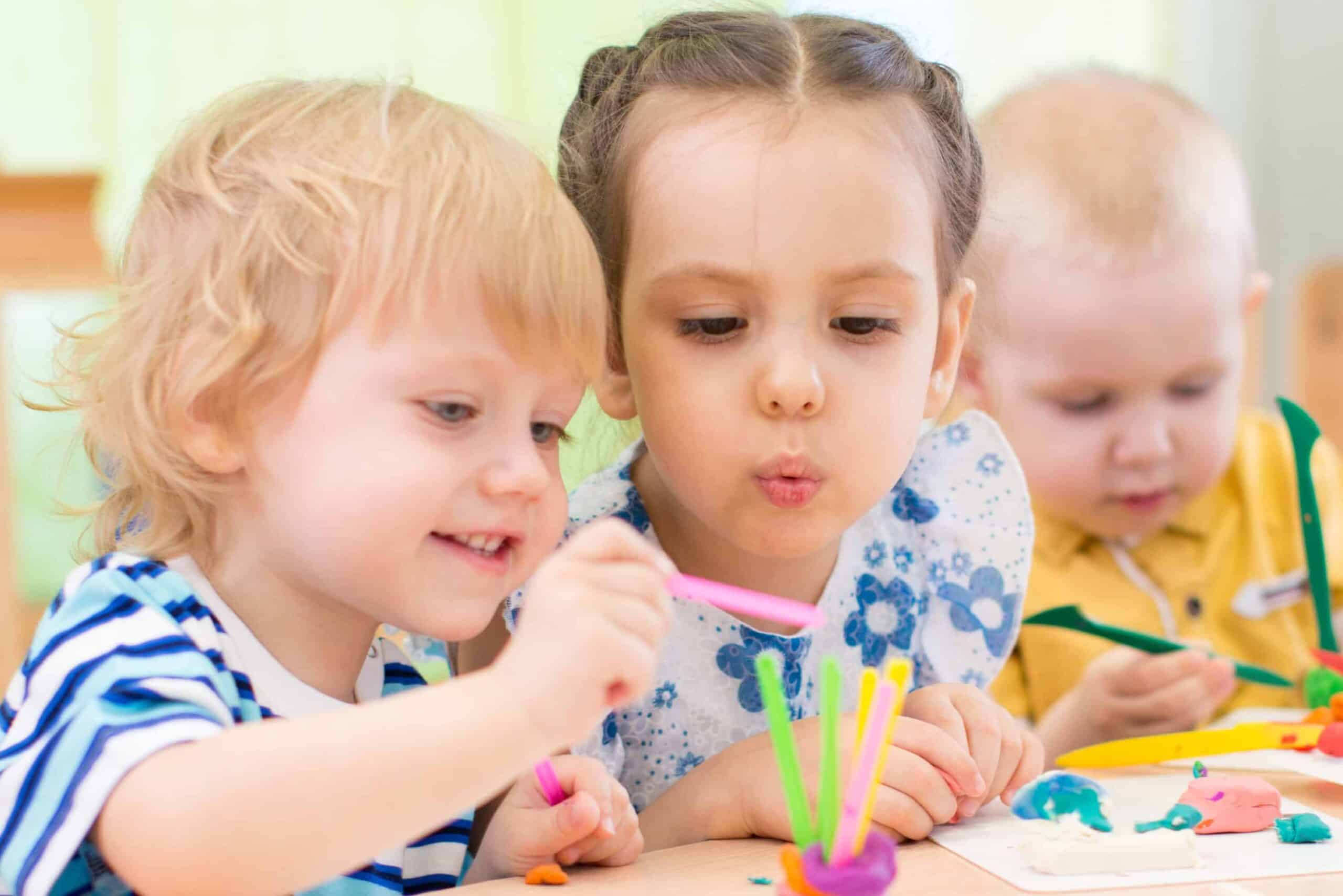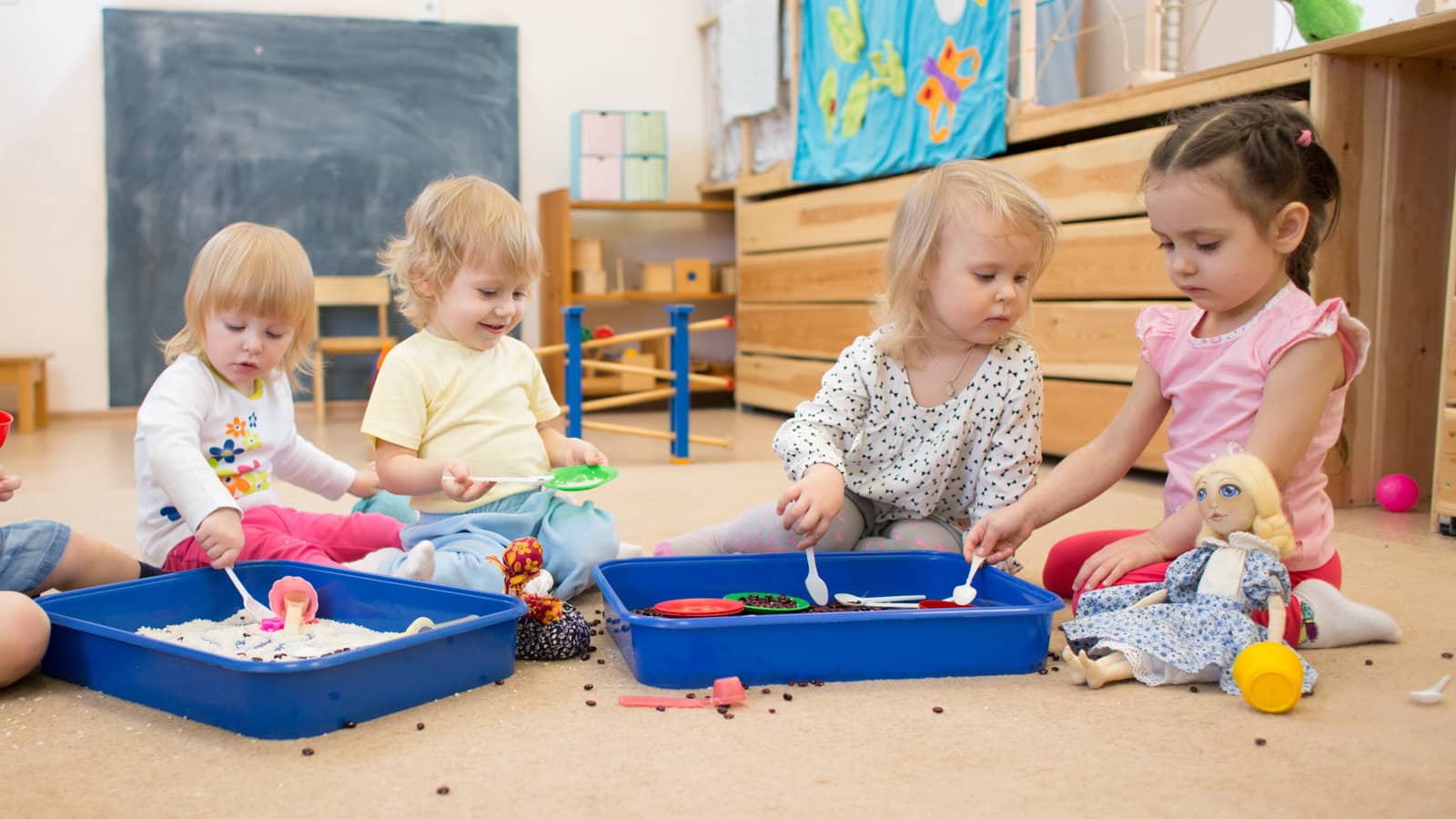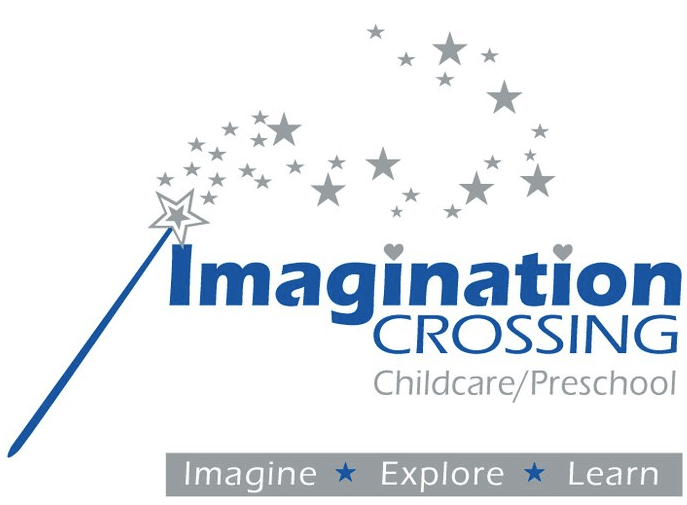The decision to enroll your toddler in daycare is a significant step for both parents and little ones. It’s a transition filled with excitement, curiosity, and perhaps a touch of apprehension.
In this blog post, we’ll explore what parents can expect when starting their toddler in daycare for the first time and offer guidance on navigating this important milestone.
1. Initial Adjustment Period:
- Transition Tears: It’s perfectly normal for toddlers to experience separation anxiety initially. Tears and reluctance during drop-offs are common, but most children adjust quickly once they become familiar with the routine and caregivers.
- Gradual Adaptation: Daycare providers are experienced in helping toddlers adjust. They often implement strategies such as gradual entry schedules to ease your child into the new environment, allowing them to build trust and familiarity.
2. Building Social Skills:
- Making Friends: Daycare introduces toddlers to a social setting where they have the opportunity to make new friends. While it may take some time, most toddlers eventually enjoy the companionship of their peers.
- Sharing and Cooperation: Group play encourages toddlers to develop crucial social skills, including sharing, cooperation, and taking turns. These skills are foundational for future social interactions.
3. Communication with Caregivers:
- Regular Updates: Expect to receive regular updates from daycare providers on your child’s activities, meals, and overall well-being. Open communication between parents and caregivers helps build a strong partnership in your child’s care.
- Check-in Opportunities: Most daycares provide opportunities for parents to check in throughout the day. These check-ins offer reassurance and keep you informed about your toddler’s experiences.

4. Establishing Routine and Structure:
- Consistent Schedule: Daycare follows a consistent schedule, providing toddlers with a sense of routine. Predictable routines help children feel secure and understand what to expect each day.
- Nap and Meal Times: Daycare centers typically have designated nap and meal times. Your toddler will become accustomed to these routines, contributing to a sense of stability and comfort.
5. Developmental Stimulation:
- Structured Learning Activities: Daycare environments incorporate age-appropriate learning activities designed to stimulate your toddler’s cognitive development. These activities include storytelling, art, music, and play, fostering a love for learning.
- Fine and Gross Motor Skills: Toddlers engage in activities that enhance both fine and gross motor skills. From arts and crafts to outdoor play, daycare provides a diverse range of experiences that contribute to physical development.
6. Toilet Training Support:
- Assistance with Potty Training: If your toddler is in the process of toilet training, daycare providers are typically experienced in offering support and reinforcement. Consistency between home and daycare routines aids in successful toilet training.
- Communication on Progress: Expect updates on your child’s progress with toilet training. Daycare providers often work collaboratively with parents to ensure consistency in reinforcing this important milestone.

7. Health and Safety Measures:
- Health Protocols: Daycare centers prioritize the health and safety of all children. Expect stringent health protocols, including immunization requirements, illness policies, and measures to prevent the spread of infections.
- Emergency Procedures: Familiarize yourself with the daycare’s emergency procedures. Most centers conduct regular drills and have clear plans in place to ensure the safety of all children.
8. Parental Involvement Opportunities:
- Participation in Events: Daycare often hosts events and activities in which parents can participate. These events provide opportunities to connect with other parents, build a sense of community, and actively engage in your child’s daycare experience.
- Parent-Teacher Meetings: Periodic parent-teacher meetings offer a platform for discussing your toddler’s progress, addressing any concerns, and collaborating with daycare providers to ensure the best possible care and learning environment.
Starting your toddler in daycare is a momentous journey filled with growth, learning, and newfound independence. While the initial transition may present some challenges, the benefits of socialization, routine, and developmental stimulation make daycare a valuable and enriching experience for toddlers.
By maintaining open communication with daycare providers, actively participating in your child’s daycare experience, and embracing the supportive community, you set the stage for a positive and fulfilling chapter in your toddler’s early years. As they explore, learn, and make new friends, you can celebrate the milestones and cherish the joy that comes with each day in daycare.
